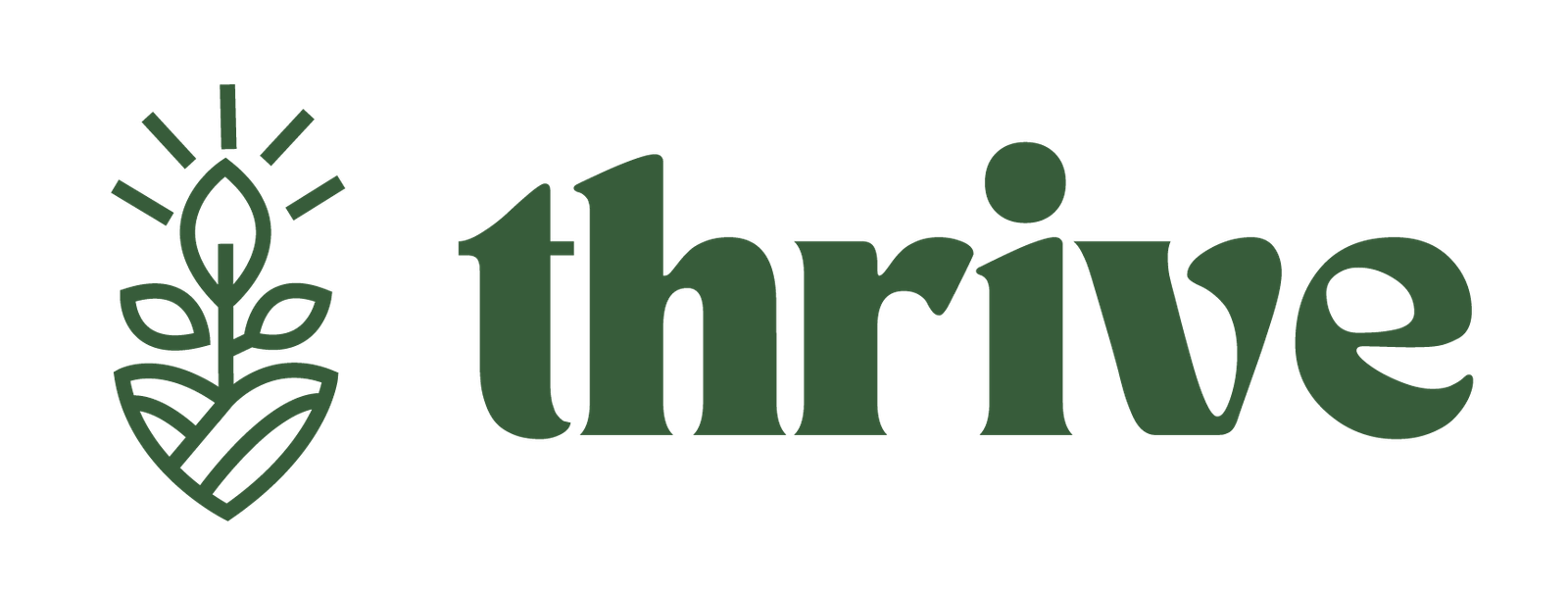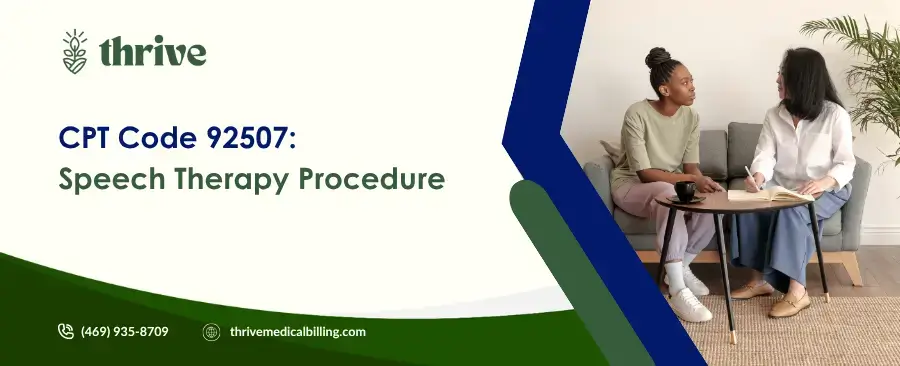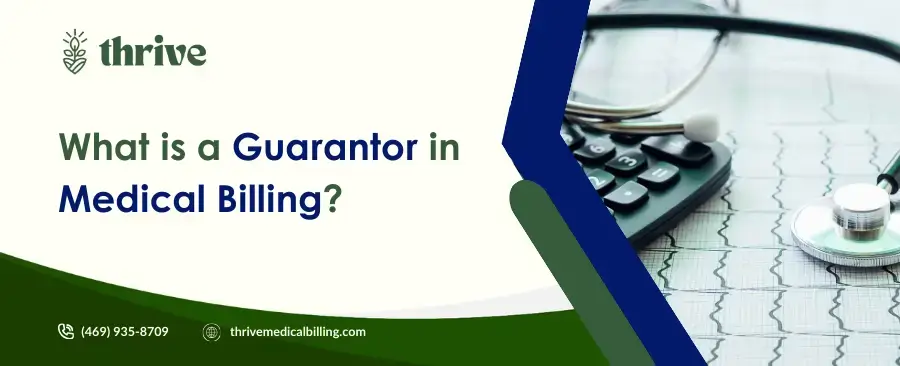Introduction to 92507 CPT Code Procedure
CPT code 92507 is a procedural code used in medical billing to describe the speech therapy procedure for the treatment of communication disorders, including speech, language, voice, communication, and auditory processing disorders. This code is part of the Current Procedural Terminology (CPT) system maintained by the American Medical Association (AMA) and is commonly used in speech-language pathology to bill for individual therapy sessions. Understanding the 92507 CPT code procedure is essential for speech-language pathologists (SLPs), healthcare providers, and billing professionals to ensure accurate billing and avoid issues that lead to claim denials.
This guide provides a detailed overview of CPT code 92507, its applications, modifiers, Medicare reimbursement rates, and strategies to optimize billing for speech therapy services addressing various communication disorders.
What is the CPT Code 92507 Procedure?
The 92507 CPT code procedure refers to the treatment of speech, language, voice, communication, and/or auditory processing disorders through individual speech therapy sessions. This code is used by licensed speech-language pathologists to provide targeted interventions to improve a patient’s communication abilities. Unlike evaluation codes (e.g., CPT code 92521–92524), CPT code 92507 is specifically for therapeutic interventions, not diagnostic assessments.
The procedure is typically conducted in an outpatient setting, such as a clinic, hospital, private practice, or via telehealth (when permitted by payers). It involves customized therapy plans to address communication disorders, such as difficulties with articulation, fluency, voice production, or language comprehension, tailored to the patient’s specific needs.
Procedure Involving CPT Code 92507
The procedure involving CPT code 92507 includes the following components:
- Patient Assessment: The speech-language pathologist reviews the patient’s progress, current symptoms, and therapy goals at the start of the session.
- Therapeutic Intervention: The SLP employs evidence-based techniques, such as articulation exercises, language development activities, voice therapy, or fluency strategies, to address the patient’s communication disorders.
- Session Duration: The session typically lasts 30–60 minutes, depending on the patient’s needs and payer guidelines, with CPT code 92507 covering the therapeutic intervention regardless of specific time increments.
- Documentation: The SLP documents the session, including interventions used, patient progress, and clinical justification for the therapy.
- Follow-Up Planning: The SLP updates the treatment plan, setting goals for future sessions and coordinating with other healthcare providers if needed.
The procedure is patient-centered and tailored to address specific communication disorders, making CPT code 92507 a cornerstone of speech-language pathology services.
Comparison with Related CPT Codes
CPT code 92507 is part of the speech-language pathology code set, which varies based on the type and purpose of the service. Here’s how it compares to related codes:
- CPT Code 92506: Previously used for speech and hearing evaluations (now obsolete, replaced by more specific codes like 92521–92524).
- CPT Code 92521: Describes evaluation of speech fluency (e.g., for stuttering), distinct from the therapeutic focus of 92507.
- CPT Code 92522: Covers evaluation of speech sound production, unlike the treatment focus of 92507.
- CPT Code 92523: Represents evaluation of speech sound production and expressive/receptive language, used for diagnostic purposes.
- CPT Code 92526: Denotes treatment of swallowing dysfunction and/or oral function for feeding, distinct from communication disorders addressed by 92507.
Choosing the correct procedural code is critical to ensure accurate billing. For example, billing CPT code 92507 for an evaluation (92521–92524) or swallowing therapy (92526) can lead to claim denials.
Modifiers for CPT Code 92507
Modifiers provide additional context for CPT code 92507 to ensure proper reimbursement. Common modifiers include:
- Modifier 25 (Significant, Separately Identifiable E/M Service): Used when a separate evaluation and management (E/M) service is performed on the same day as speech therapy (e.g., a physician consultation).
- Modifier 59 (Distinct Procedural Service): Denotes a separate procedure on the same day, such as CPT code 92507 and another therapy service. Use cautiously to avoid unbundling issues.
- Modifier 95 (Synchronous Telemedicine Service): Applied when CPT code 92507 is provided via telehealth, if permitted by the payer.
- Modifier 76 (Repeat Procedure by Same Physician): Indicates the same SLP repeated the procedure on the same day.
- Modifier 77 (Repeat Procedure by Another Physician): Used when a different SLP repeats the procedure.
- Modifier 99 (Multiple Modifiers): Applied when multiple modifiers are needed for the procedure.
Providers must follow AMA and payer guidelines, including Medicare’s National Correct Coding Initiative (NCCI) edits, to avoid errors that lead to claim denials.
Medicare Reimbursement Rates for CPT Code 92507
CPT code 92507 is reimbursable by Medicare, but reimbursement rates vary based on several factors:
- Medicare Physician Fee Schedule (MPFS): The MPFS provides payment rates for CPT code 92507, adjusted by the Geographic Practice Cost Index (GPCI) for regional cost differences.
- Medicare Administrative Contractors (MACs): Regional MACs may impose specific billing rules or coverage criteria, such as Local Coverage Determinations (LCDs) for speech therapy services.
- Telehealth Eligibility: Medicare may cover CPT code 92507 for telehealth sessions, depending on temporary or permanent coverage policies in 2025.
- Provider Credentials: Reimbursement may differ based on the provider’s qualifications (e.g., SLP with a Certificate of Clinical Competence).
To verify reimbursement rates for 2025, providers should:
- Check the MPFS on the Centers for Medicare & Medicaid Services (CMS) website.
- Consult their regional MAC for specific coverage policies and billing rules.
- Use coding tools like AAPC Coder or TheraPlatform for rate estimates.
Accurate documentation of medical necessity, such as diagnoses of communication disorders like aphasia or dysarthria, is critical for Medicare reimbursement.
Communication Disorders Addressed with CPT Code 92507
CPT code 92507 is used to treat a wide range of communication disorders through speech therapy, including:
- Articulation Disorders: Difficulty producing speech sounds correctly, often seen in children or adults post-stroke.
- Fluency Disorders: Conditions like stuttering or cluttering that disrupt the flow of speech.
- Voice Disorders: Issues with pitch, volume, or quality, such as vocal cord nodules or spasmodic dysphonia.
- Language Disorders: Challenges with expressive or receptive language, including aphasia (post-stroke) or developmental language delays.
- Auditory Processing Disorders: Difficulty processing auditory information, affecting communication comprehension.
- Cognitive-Communication Disorders: Impairments in communication due to cognitive deficits, often seen in traumatic brain injury or dementia.
The individualized nature of CPT code 92507 makes it suitable for addressing both pediatric and adult communication disorders in speech-language pathology.
Medical Billing Best Practices to Ensure Accurate Billing
To ensure accurate billing for CPT code 92507 and minimize issues that lead to claim denials, speech-language pathologists should adopt the following medical billing strategies:
- Train Staff: Educate billing staff on the 92507 CPT code procedure, its differences from evaluation codes (92521–92524) or swallowing therapy (92526), and appropriate modifiers.
- Use EHR Systems: Electronic health records like TheraPlatform or WebPT streamline documentation and coding for speech therapy.
- Document Medical Necessity: Clearly note diagnoses, treatment goals, and progress to justify the use of CPT code 92507.
- Verify Payer Guidelines: Confirm Medicare and private payer rules for speech-language pathology, especially regarding session frequency and telehealth.
- Conduct Regular Audits: Review claims to identify and correct coding or billing errors before submission.
These practices optimize revenue cycle management and improve financial outcomes for speech therapy practices.
Common Errors That Lead to Claim Denials
Billing errors for CPT code 92507 can lead to claim denials, delaying reimbursement. Common mistakes include:
- Incorrect Code Selection: Billing CPT code 92507 for an evaluation (92521–92524) or swallowing therapy (92526).
- Improper Modifier Use: Applying Modifier 59 without clear documentation of a distinct service or using Modifier 95 for non-covered telehealth sessions.
- Inadequate Documentation: Failing to document medical necessity, session details, or clinical justification for speech therapy.
- Unbundling Errors: Billing CPT code 92507 with other therapy codes without justification, violating NCCI edits.
- Non-Compliance with Payer Policies: Not adhering to Medicare or private payer rules for session frequency or telehealth billing.
Providers should verify codes, modifiers, and documentation to ensure accurate billing and avoid denials.
Conclusion and Resources
CPT code 92507 is a vital procedural code for speech therapy, enabling the treatment of communication disorders through individualized interventions in speech-language pathology. By understanding the 92507 CPT code procedure, its modifiers, Medicare reimbursement rates, and best practices for medical billing, providers can ensure accurate billing and minimize issues that lead to claim denials. For further guidance, consult:
- CMS Website: For MPFS and reimbursement rates.
- American Medical Association (AMA): For CPT code updates and guidelines.
- American Speech-Language-Hearing Association (ASHA): For resources on speech therapy and communication disorders.
By staying informed and proactive, speech-language pathologists can optimize billing for CPT code 92507 and enhance patient care through effective speech therapy.








